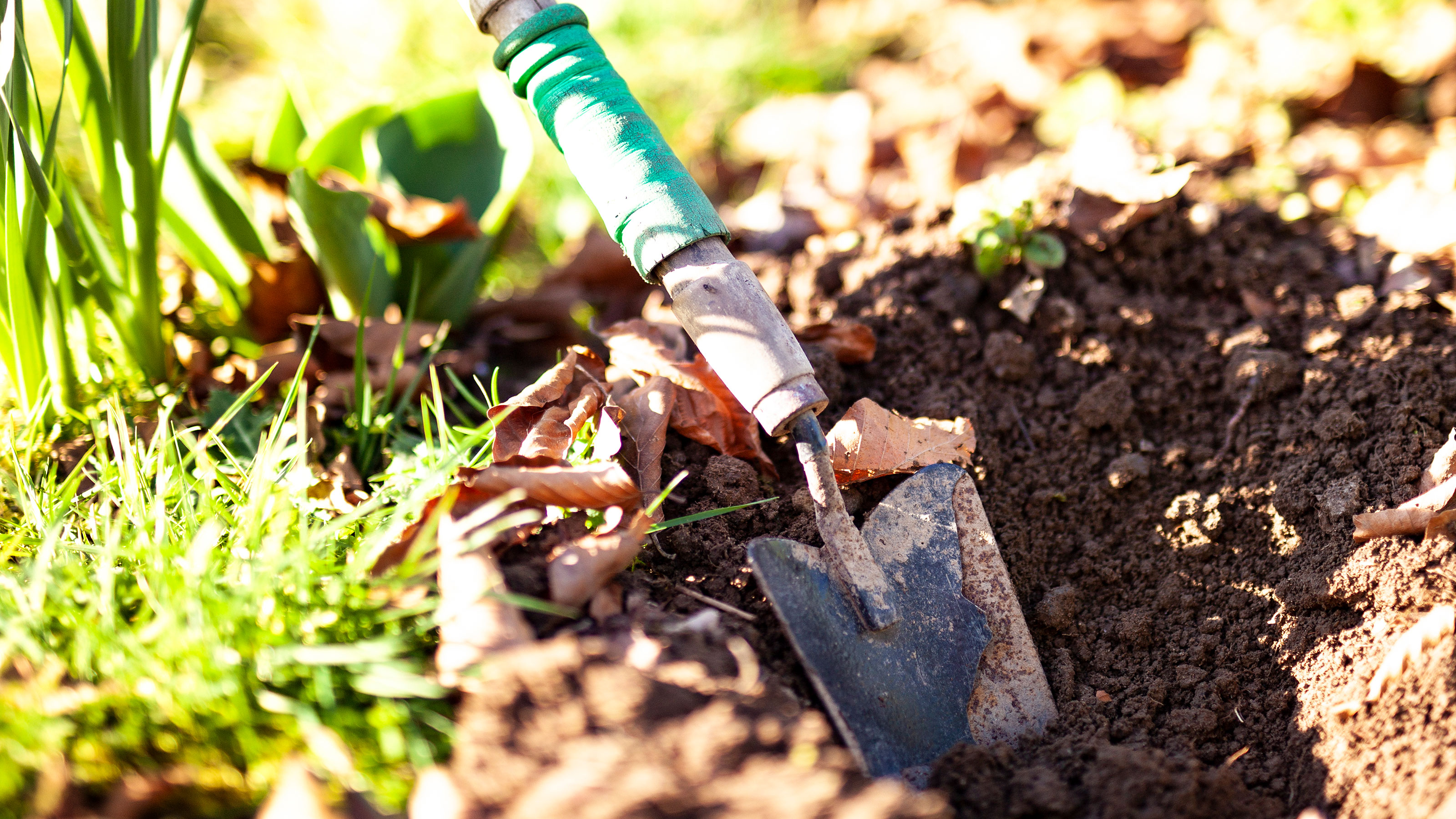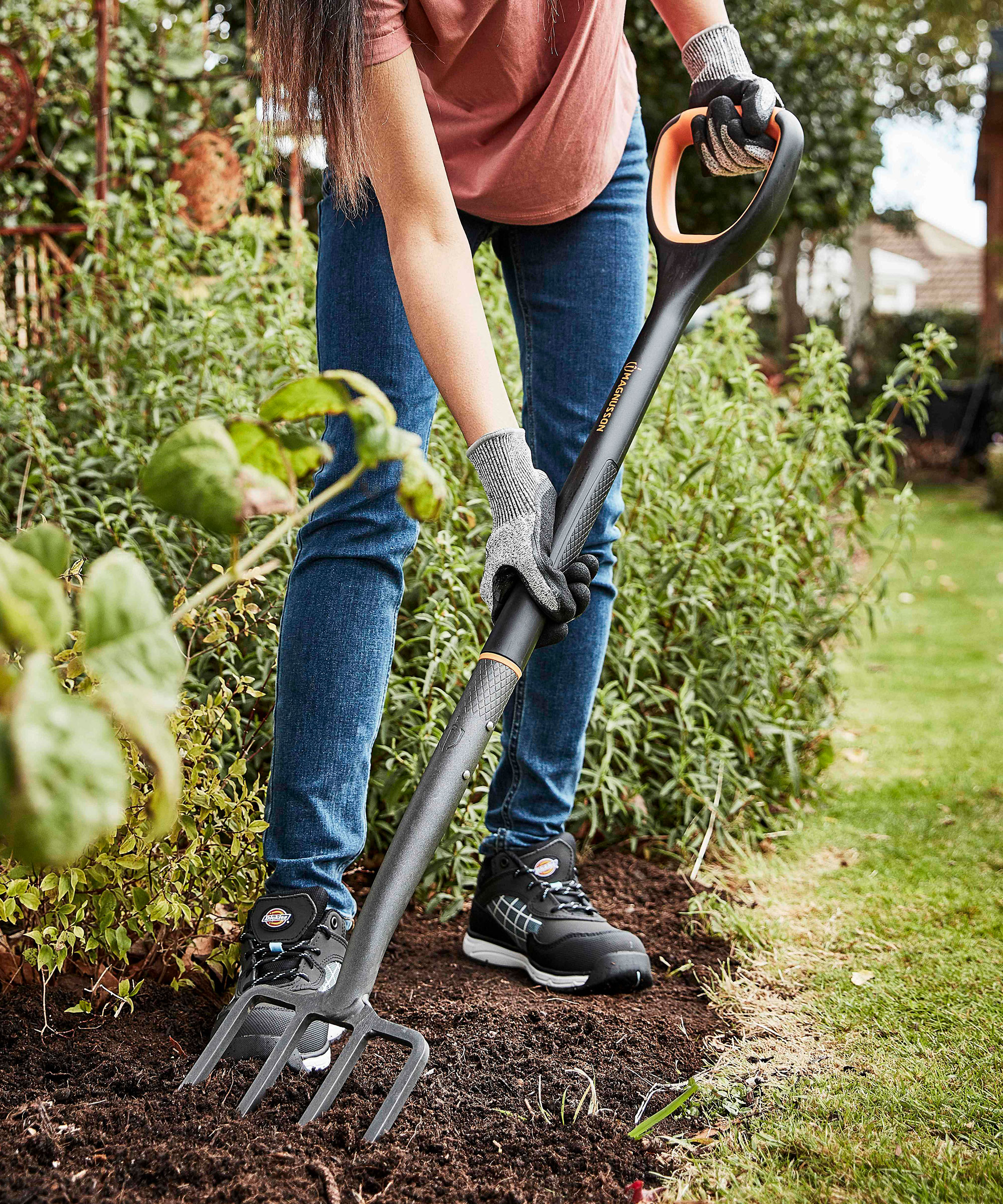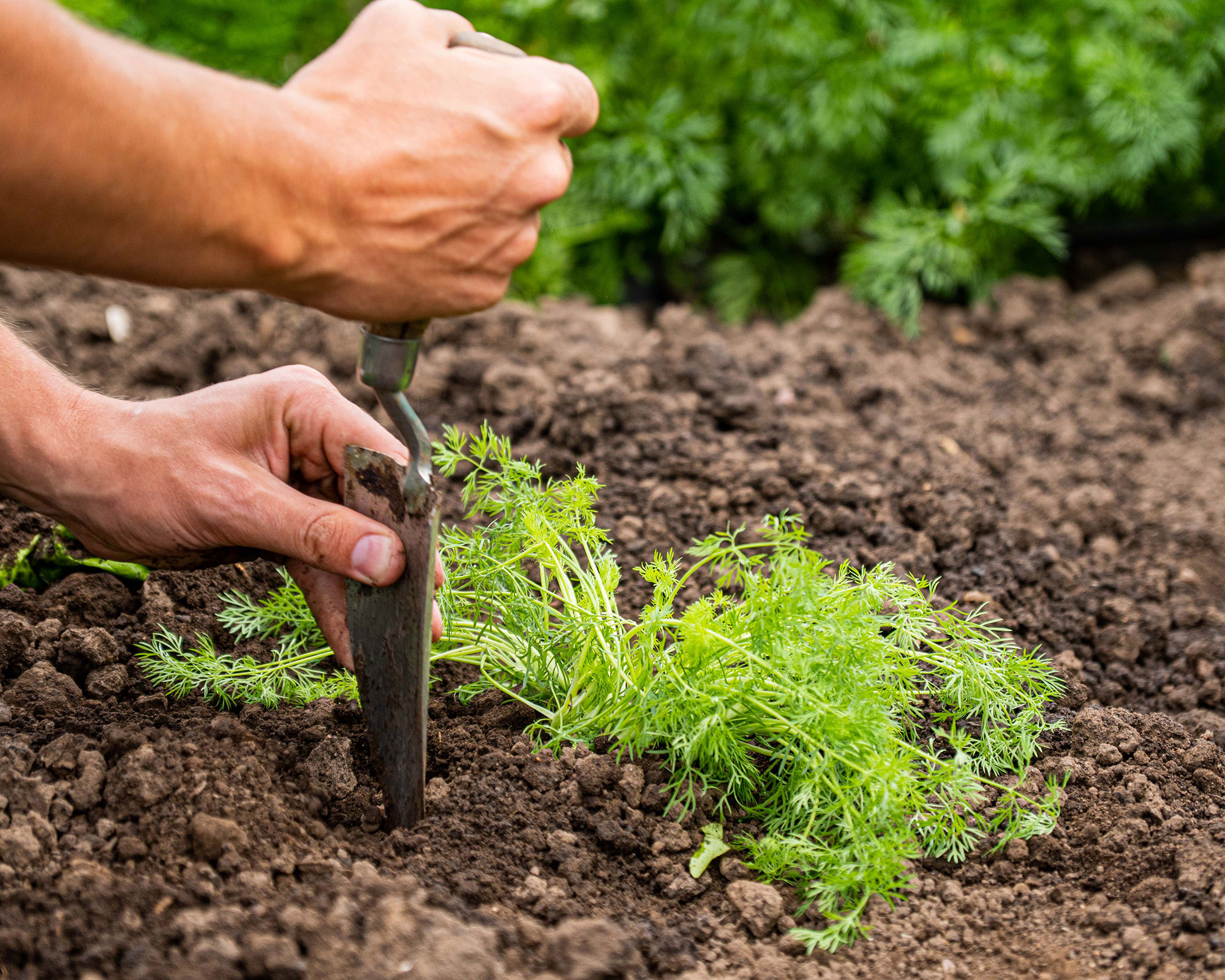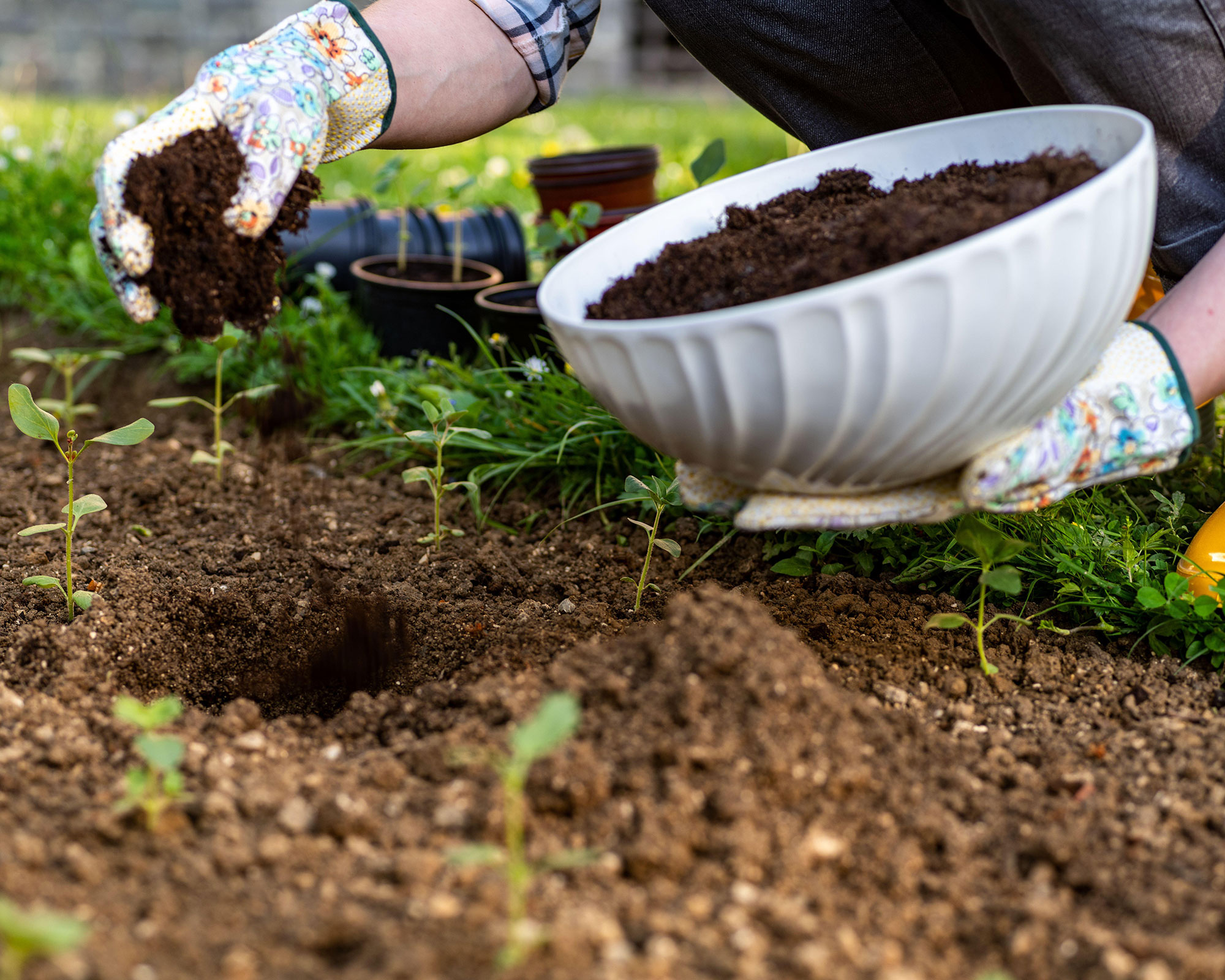Why doing less could be better for your backyard soil, says this expert on World Soil Day
As we celebrate World Soil Day this week, there are plenty of sustainable ways to improve your own backyard dirt


Did you know that if soil was managed more sustainably, up to 58 per cent more food could be produced globally, helping tackle famine and food shortages and ensuring a healthier future for the planet?
World Soil Day on December 5 is a UN-backed global initiative which aims to spread a positive educational message about the importance of good soil, bringing in everyone from politicians to people who garden in their own backyard.
We all have different soil types in our yards, but there are simple things we could all be doing to manage it better and more sustainably.
'Like us, soils need a balanced and varied supply of nutrients in appropriate amounts to be healthy,' says a World Soil Day spokesperson. 'Agricultural systems lose nutrients with each harvest, and if soils are not managed sustainably, fertility is progressively lost, and soils will produce nutrient-deficient plants.'

Do less, grow more For World Soil Day
'We speak to so many people who want to get the most out of their soil and ensure they’re giving their plants the best environment,' says Shannen Godwin, growing expert at plant and bulb company J.Parker’s.
'In actual fact, it can often be that people are doing too much to try and improve their soil. The secret, in many cases, is that doing less could be better for your soil and will reduce the hard work too.'

Avoid adding fresh manure
If you’re keen on bringing in organic matter to nurture your soil never use fresh manure, Shannen warns.
'Putting fresh manure down can damage your soil and your plants too. Fresh manure can contain high levels of chemicals such as nitrogen and ammonia, which can burn plant roots.
'Fresh manure may also contain seeds for unwanted weeds and may have bacteria that can affect the soil and your plants. Manure is indeed good for growing roses, but choose composted or aged manure that is at least six months old. This can help to increase nutrients and soil texture without running the risk of harm.'

Improve soil health organically
Over digging will disrupt the structure of the soil, making it thinner and less able to hold onto valuable nutrients. It's just one of the many reasons that no dig gardening is growing in popularity.
'Instead of tilling and digging, opt for top dressing your plants with compost, as well as organic matter and aged manure, and try to minimize digging to less than six inches deep,' is Shannen’s advice.
'By reducing the hard work and focusing on topping up the soil with more nutrient-rich compost rather than digging down and disrupting the structure, you can get more from your soil.'
One of the most sustainable – and totally free - ways you can improve soil health in your own backyard is to add organic waste such as grass cuttings and shredded leaves; these will help particles in the soil to break up, introducing valuable air pockets than will allow the soil to ‘breathe’.

Jayne Dowle is an award-winning gardening, homes and property writer who writes for publications including Sunday Times Home, Times Bricks & Mortar, Grand Designs, House Beautiful and The Spectator. She was awarded the Garden Journalist of the Year accolade at the Property Press Awards in 2021.
